A recent take-apart analysis of the new iPod nano by market research firm iSuppli reveals that Apple's profit margins on the tiny flash memory-based player are consistent with the margins on earlier iPod versions.
These figures show Apple makes slightly more on each iPod than it does on other products. A similar Mac Mini teardown by iSuppli found the cost of material and manufacturing for the computer to be about $283, leaving a gross margin of 44% before marketing and distribution costs.
Research done by iSuppli also answers some other burning questions about the nano, such as who is supplying Apple with the primary components. The firm found that Synaptics has lost out to an Apple-branded click-wheel, which uses a 55-cent chip from San Jose, Calif.-based Cypress Semiconductor.
The Cypress chip appears to save Apple about 45 cents on a comparable Synaptics chip, which costs about $1, David Carey, president of Portelligent research firm, told BusinessWeek.
Despite tapping SigmaTel to supply the audio chips for its iPod shuffle player earlier this year, Apple has returned to its longtime supplier PortalPlayer with the iPod nano, said iSuppli. The move is expected to increase PortalPlayer's reliance on Apple, which already accounts for about 90% of its total revenue.
Based on reports that Apple has secured 40% of Samsung's NAND flash memory output for the rest of the year — and at substantial discount — iSuppli estimates that Apple is paying only about $27 per gigabyte. The report states that other manufacturers are paying nearly twice as much, giving Apple a 40% discount and advantage.
"The arrangement not only makes it tough for other manufacturers to compete on price but will also cause them huge supply headaches, since Samsung is the world's biggest flash memory vendor," writes BusinessWeek.
"How do you compete if you can't get the memory you need?" an iSuppli analyst added. "And even if you can get it, you're not able to sell the volume needed to negotiate a better price."
 AppleInsider Staff
AppleInsider Staff
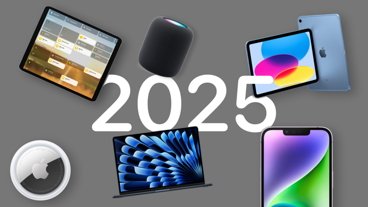

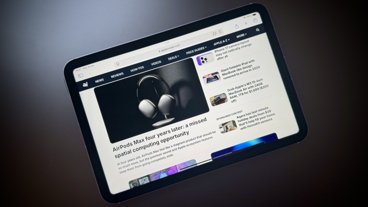

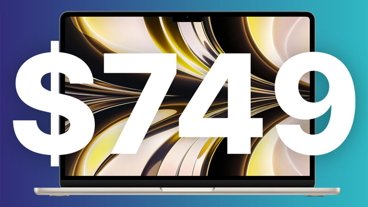

-m.jpg)






 William Gallagher
William Gallagher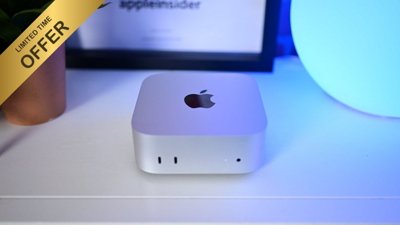
 Christine McKee
Christine McKee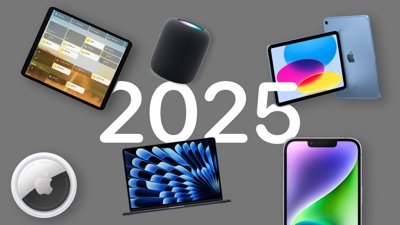
 Wesley Hilliard
Wesley Hilliard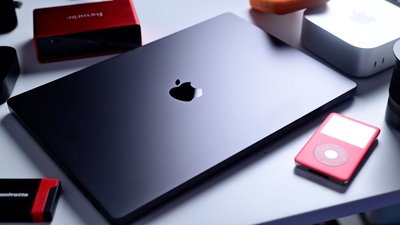
 Andrew O'Hara
Andrew O'Hara
 Sponsored Content
Sponsored Content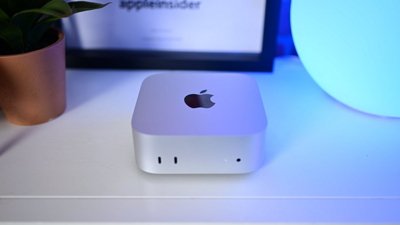
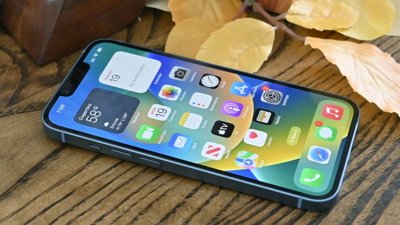
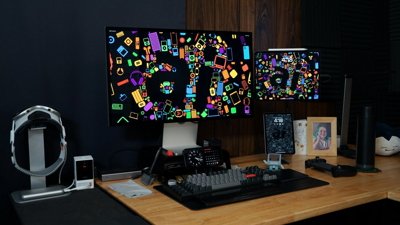
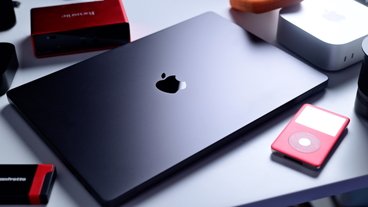





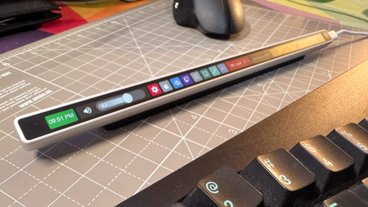

19 Comments
Product costs are not only related to components and assembling. There is a large design/engineering cost, software development cost, integration, etc... Take those into account, so Apple does not really make 50% profit on each iPod it sells.
Agreed; this is a very misleading report on cost. How many engineers did they have working on this product for 9 months to a year at 6 figure salaries? How do you figure in the tens of millions Apple will spend to promote the device? Distribution and warehousing while a small cost probably adds $5-$10 per device. All these little things add up over time.
Oh and the winds are already picking up quite nicely, though Rita looks to give us just a glancing blow tomorrow night.
Product costs are not only related to components and assembling. There is a large design/engineering cost, software development cost, integration, etc... Take those into account, so Apple does not really make 50% profit on each iPod it sells.
True, same with the intel $40 cpu thing, sure that is what it costs to make the chip, if you ignore the costs of R&D, and building the multi-billion dollar fabs...not to mention worker pay and health benifits.
The article isn't really what I'm attacking; I ended up putting the cart before the horse. Inevitably people will be quoting this and saying "Apple builds the nano for $90, what a rip off those thieves." Just like they ended up doing with the iSupply article re the mini. Having now read this article they aren't doing this, but give it time.
Just like when I was a kid I heard the rumor that it cost Nintendo $4 to build each cartridge; I'm sure that's probably about accurate for manufacturing, but doubtful that's what the actual game cost to produce. But of course that's not the story I was given as a kid.